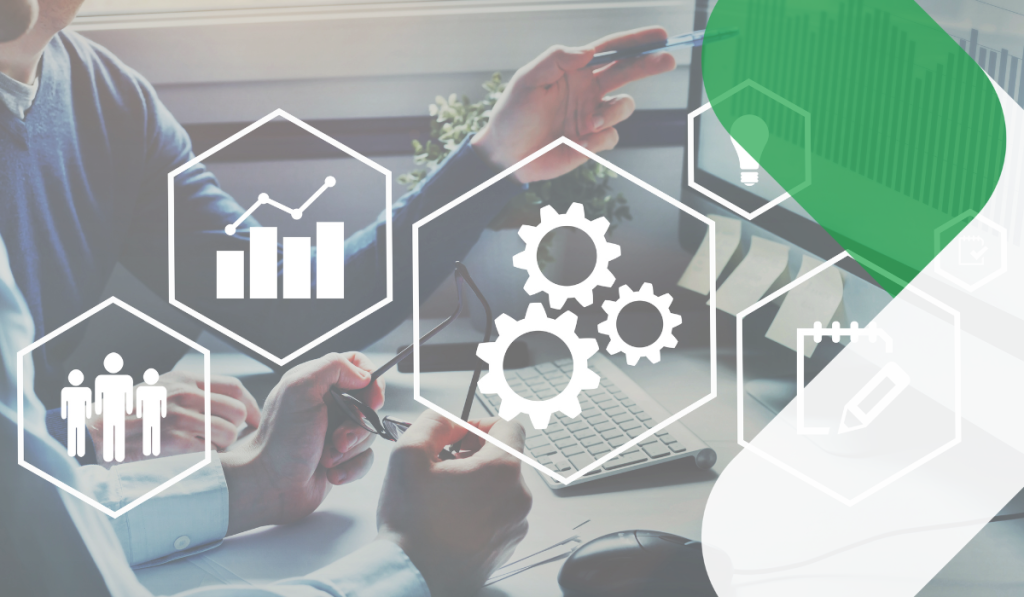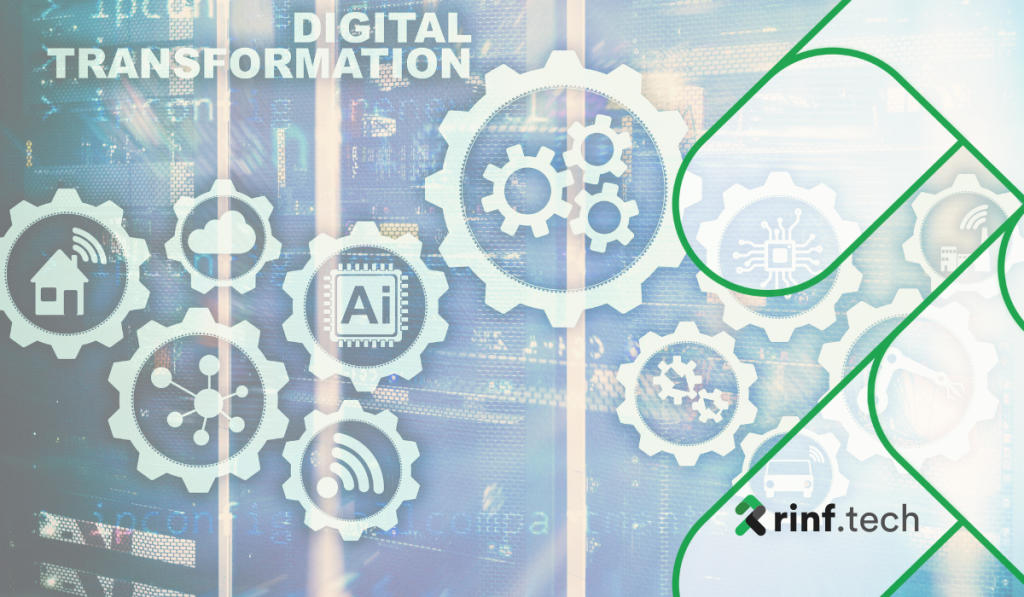Enterprise software plays a critical role in helping companies streamline their operations by automating multiple processes, consolidating data, and integrating various systems into a cohesive platform. This software also offers enhanced compliance and security features, vital for organizations looking to boost their overall performance. Today, even small businesses are increasingly adopting enterprise software to improve efficiency and manage their data effectively, driven by the rising costs associated with essential IT services.
Key Trends in Enterprise Software
Artificial Intelligence (AI) and Machine Learning (ML)
AI and ML are no longer futuristic concepts but integral components of enterprise software, providing capabilities such as predictive analytics, automation, and personalized user experiences. Companies like Siemens leverage AI and ML for predictive maintenance, analyzing data from equipment to predict failures before they occur, thereby reducing downtime and maintenance costs.
Blockchain
Blockchain technology is also gaining traction. It offers enhanced security, transparency, and traceability in transactions and data management. This is particularly beneficial in the finance, supply chain, and healthcare sectors, where data integrity and security are paramount. Companies like Ripple use blockchain to facilitate real-time cross-border payments, improving speed and reducing costs compared to traditional methods.
Natural Language Processing (NLP)
NLP also transforms customer interactions by enabling more refined chatbots and virtual assistants, improving customer service and operational efficiency. Virtual assistants like Amazon’s Alexa and Apple’s Siri are being integrated into enterprise environments to streamline workflows and enhance productivity.
Cloud-native Architectures
Cloud-native architectures continue to dominate, promoting scalability, flexibility, and cost-efficiency by allowing enterprises to leverage cloud infrastructure and services. Cloud-native platforms like Google Cloud Platform (GCP) and Microsoft Azure provide enterprises with a wide range of tools and services, from data storage and processing to AI and machine learning capabilities.
Internet of Things (IoT)
IoT integrations enable real-time data collection and analysis, facilitating smarter and more responsive business operations. For example, in the manufacturing industry, IoT sensors monitor equipment performance and environmental conditions, providing data for predictive maintenance and improving production efficiency.
Evolving Needs of Modern Enterprises
Scalability and flexibility
One of the primary needs is scalability and flexibility, as enterprises must be able to grow and adapt to the evolving demands without overhauling their existing systems. Cloud-native architectures, such as those offered by Amazon Web Services (AWS) and Microsoft Azure, provide the necessary infrastructure to scale operations seamlessly. For instance, Netflix utilizes AWS to scale its streaming services globally, ensuring consistent performance regardless of user demand.
Data security and privacy
Data security and privacy have become critical concerns, especially with strict regulations such as GDPR and CCPA in place. Enterprises must ensure that their software solutions protect sensitive information and comply with relevant laws. Solutions like IBM Security Guardium and Symantec Data Loss Prevention provide robust data protection, encryption, and monitoring capabilities to safeguard sensitive information.
User-centric design
User-centric design is another crucial requirement, as intuitive interfaces and positive user experiences can significantly enhance productivity and satisfaction. Companies like Apple and Google set benchmarks for user-centric design with their emphasis on simplicity, usability, and aesthetics. Tools like Sketch and Figma are widely used for designing user-friendly interfaces that meet these standards.
Automation
Automation and efficiency are also essential, with enterprises seeking to streamline operations and reduce manual intervention through advanced software solutions. Robotic Process Automation (RPA) tools like UiPath automate repetitive tasks, freeing up employees to focus on higher-value activities.
Industry-specific Solutions
Healthcare
The healthcare industry has witnessed a significant transformation with the adoption of electronic health records (EHR) and telemedicine platforms. EHR systems like Epic and Cerner have revolutionized how patient information is recorded, stored, and accessed.
Finance
In finance, fraud detection systems and automated trading platforms are critical for maintaining security and operational efficiency. Fraud detection systems, such as those developed by FICO and SAS, use advanced algorithms and machine learning to identify and prevent fraudulent activities in real time.
Retail
The retail industry relies heavily on inventory management systems and personalized marketing tools to optimize operations and enhance customer engagement. Inventory management solutions help retailers track stock levels, manage orders, and streamline the supply chain.
Manufacturing
Manufacturing companies benefit significantly from supply chain management software and predictive maintenance tools. Supply chain management solutions, enable manufacturers to optimize their supply chain operations, from procurement to production to distribution. Predictive maintenance toolsuse IoT sensors and ML algorithms to monitor equipment health and predict failures before they occur.
Education
In the educational sector, Learning Management Systems (LMS) and virtual classrooms have become essential tools for facilitating online learning and improving educational outcomes. LMS platforms like Moodle and Blackboard provide educators with the tools to create, manage, and deliver course content, track student progress, and assess performance.




